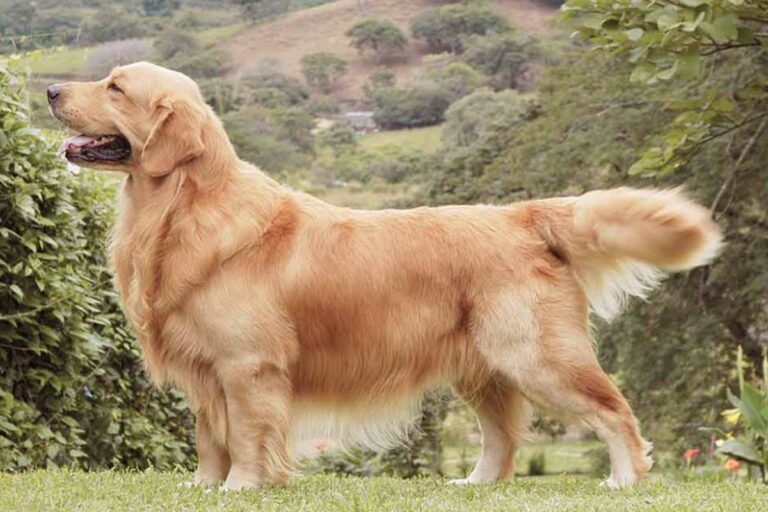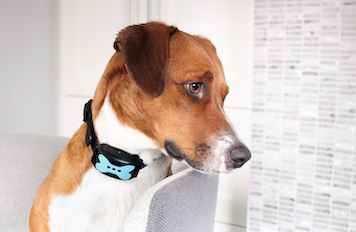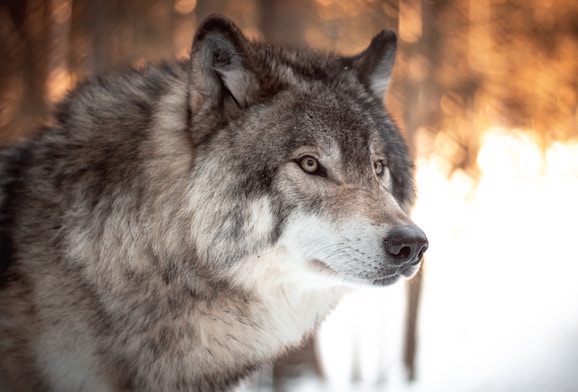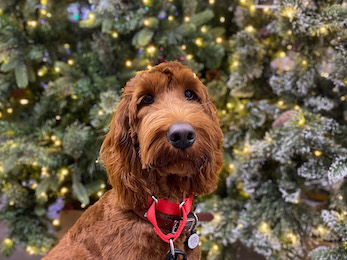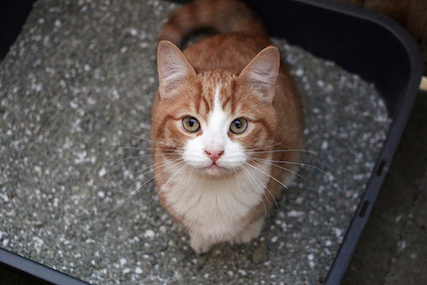Breed History
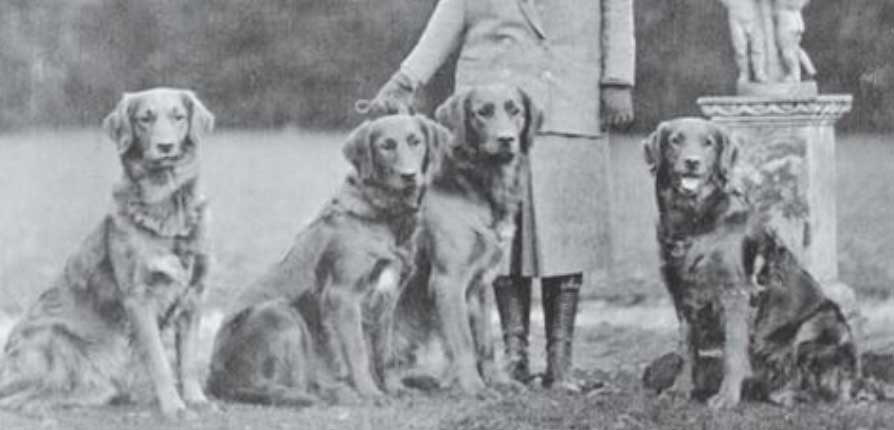
The Golden Retriever has long stood as one of the most popular dog breeds in the United States, and for many good reasons. Originally developed in the Scottish Highlands by the first Lord Tweedmouth, this gundog was designed to accompany the sporting elite during long days of hunting. These early examples of the breed performed the essential task of swimming out to retrieve downed waterfowl. The modern Golden Retriever belongs to the Sporting Group in the American Kennel Club, and was recognized as an official breed by that organization in 1925.
Breed Characteristics

Present day Golden Retrievers are a medium sized dog that generally mature to around 65lbs. They are distinguished by their classic golden yellow double coat of medium to long hair. Routine grooming is a necessity to help maintain their lustrous coat, and minimize shedding. Their solid build and square confirmation lend themselves well to the many athletic pursuits this breed is capable of. While generally healthy, some members of the breed are more prone to ear infections and allergies. Genetic diseases such as various eye ailments (e.g., juvenile cataracts, pigmentary uveitis, and progressive retinal atrophy) and certain heart conditions (e.g., sub-aortic stenosis), can also affect the breed. They also benefit from a very balanced diet, as many Goldens would overeat if given the opportunity, to prevent them from becoming overweight which can lead to orthopedic issues.
Is a Golden Retriever right for you?
Given the breed history, most Retrievers are higher energy and require sufficient daily exercise and mental stimulation to ensure their health and well-being. Fortunately, the Golden’s friendly nature and easy going temperament make them ideal companions for a wide range of activities, from running and swimming to more organized games like agility or obedience competitions. Many members of the breed, who still retain their strong genetic tendencies, are engaged in more traditional sports such as hunting, field trials and dock diving. Their willingness to work and high level of engagement with people can also make for an ideal therapy or service dog, when given proper training. Most Goldens are excited to be involved in whatever the next adventure may be! While generally easy to train, the breed is often goofy and somewhat mischievous which can sometimes make the task more challenging. Common behavioral struggles with this breed, especially when they are younger, include jumping on household members and guests and general overexuberance when excited. The Golden’s strong desire to pick things up and carry them in their mouths can also lead to play biting around people, as well as, picking up inappropriate items around the house and neighborhood. This desire to carry things in their mouths can also be an exceedingly endearing habit, as many dogs will choose favorite toys or objects which they will tote around with great pleasure or bring to their humans to show off with clear pride! Appropriate understanding and management of these genetic tendencies is important to secure household harmony. Most Golden’s have an insatiable appetite for affection, any type of snuggling, petting or interaction is always welcomed with enthusiasm! As with any working breed, proper puppy socialization is vital to help ensure that they can experience life with all of their classic joy and ease.
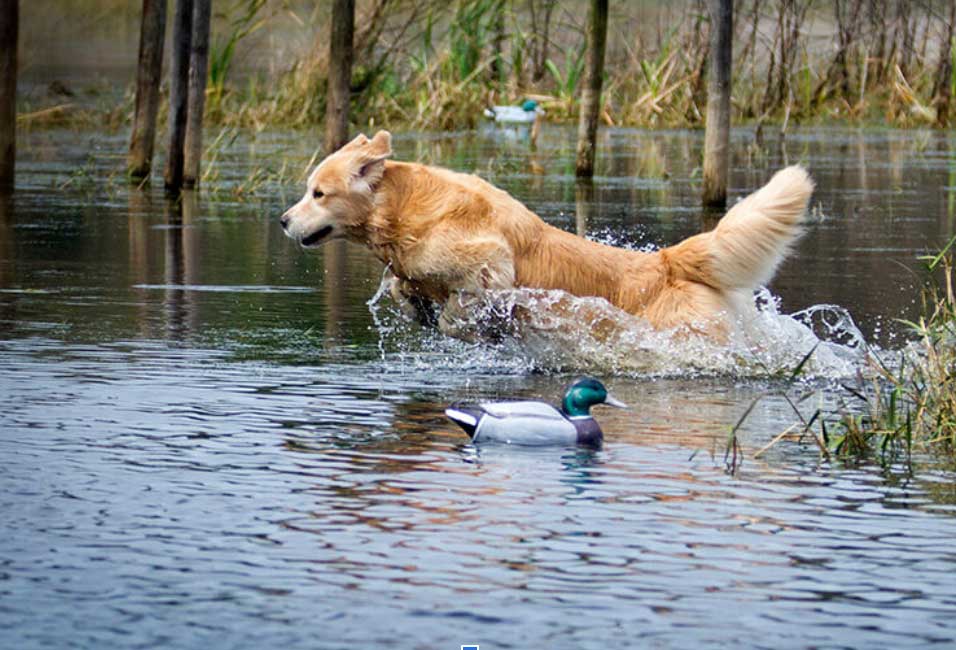
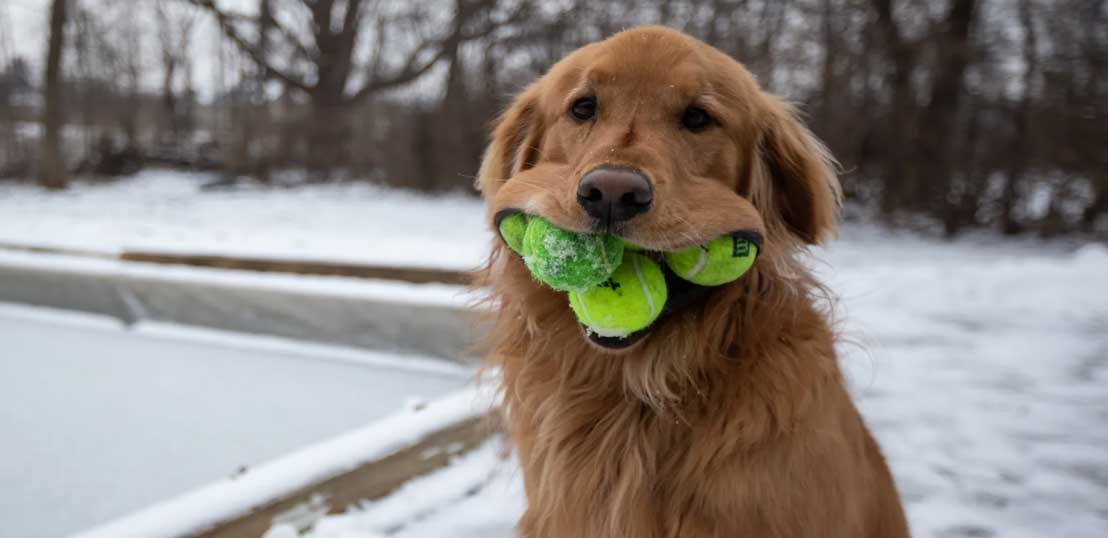
The ideal household for this breed is made up of active, caring members who don’t take life too seriously, but are able to provide good structure and training. Not taking life too seriously is a hallmark of the Golden’s approach to living, they are all about finding the next game and getting involved in whatever projects their people are working on! While they can do well around small children, juvenile Goldens may find it challenging to remember their manners around younger household members which can lead to some conflicts. Many Goldens do well in multi-pet households and acclimate well to a variety of living situations. Their gentleness with smaller household members (when they remember to stay calm) can be unmatched and make for some great snuggling opportunities! Usually the life of the party, most well-socialized members of the breed relish going out and meeting new people and other dogs. Golden’s delight in spending time with their people and any new additions to the party that may offer attention and quality petting! Owners who are prepared for the daily exercise and grooming needs of this breed will be rewarded with one of the most cheerful companions possible.
Finding your next family member
When choosing a puppy of this breed, ensure that appropriate health testing has been done on both parents and possibly grandparents. The American Kennel Club outlines what tests are suggested for each breed to prevent the continuation of genetic diseases. The recommended health tests for Retrievers include hip and elbow evaluations, and ophthalmic and cardiac exams. When meeting the puppies, ask to see both parents and any other related dogs that may be on site. Both puppies and adult members of the breed should seem friendly and sociable, any sign of aggression (apart from a female with very young puppies) should be cause for concern. Responsible breeders should be invested in finding the best homes possible for their puppies, so expect lots of questions and detailed conversations about setting new puppies up for success. Seek out breeders who are willing and able to provide support and information long after you take your new addition home. Most breed enthusiasts will be involved in confirmation exhibitions or other sports to help further the breed, with the production of puppies as a secondary goal. When inspecting the puppy raising areas, watch for good hygiene and sanitation which will lead to healthy puppies. Since proper socialization starts well before puppies are ready to leave their mothers, it is important to consider what types of early experiences each litter has been exposed to. Puppies who have lots of early, controlled, positive, experiences with a variety of people, animals and environments are generally predisposed to later social success.
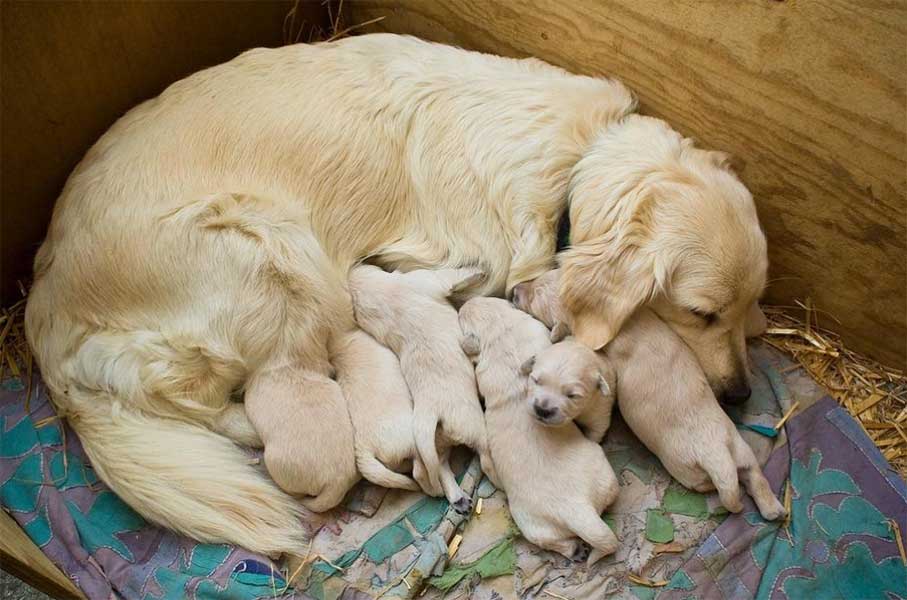
If your new family member is coming from a rescue situation, it may not be possible to gather some of this information. However, many of the same guidelines will apply. Look for a happy, outgoing dog who is willing to approach and engage with you. Given that the shelter environment can be overwhelming for some dogs, some level of initial reticence or shyness may be seen. Taking dogs for a brief walk outside of the rescue can sometimes help them relax and bring out more of their true personality.
Regardless of their origins, having a member of the Golden Retriever breed as a household member can be a true delight. With appropriate training, most Goldens are willing and able to participate in a variety of adventures and experiences. The cheerfulness of the Golden is nearly impossible to resist and their unbridled joy in the simple pleasures of life is truly infectious! They are dogs that are always ready for the next adventure or for a quiet snuggle on the couch!
